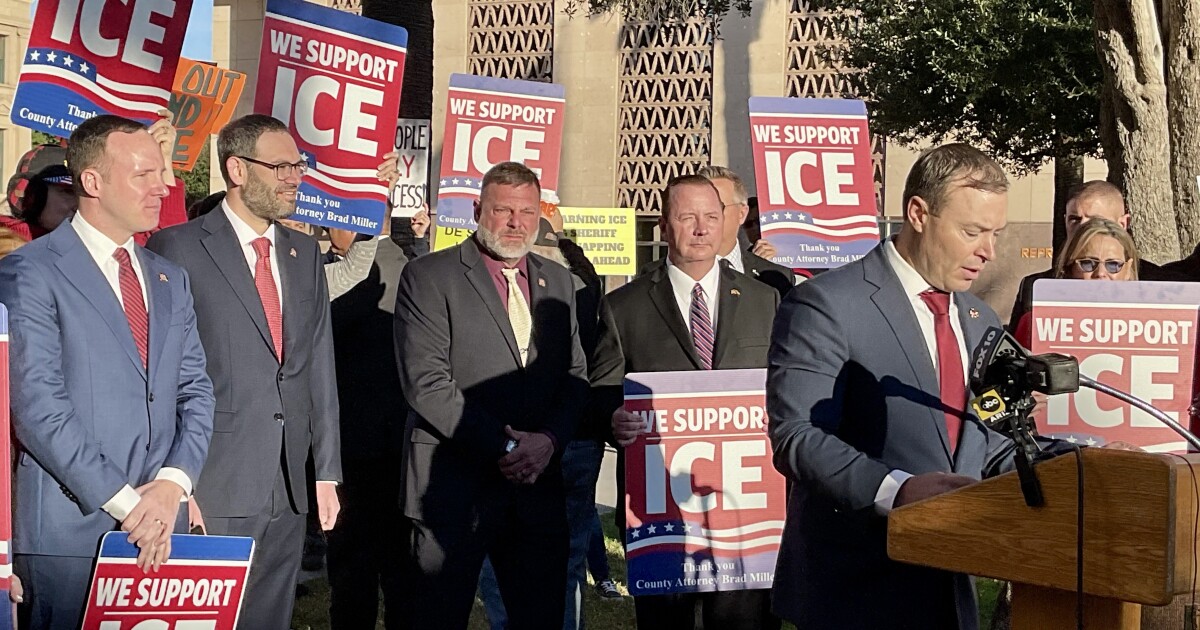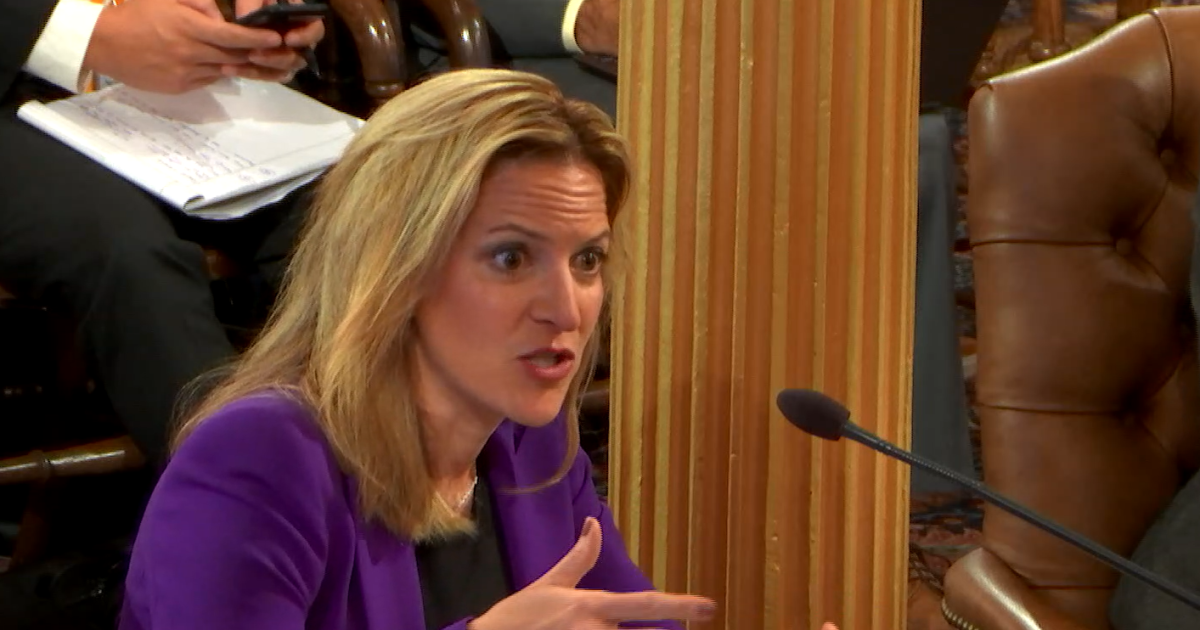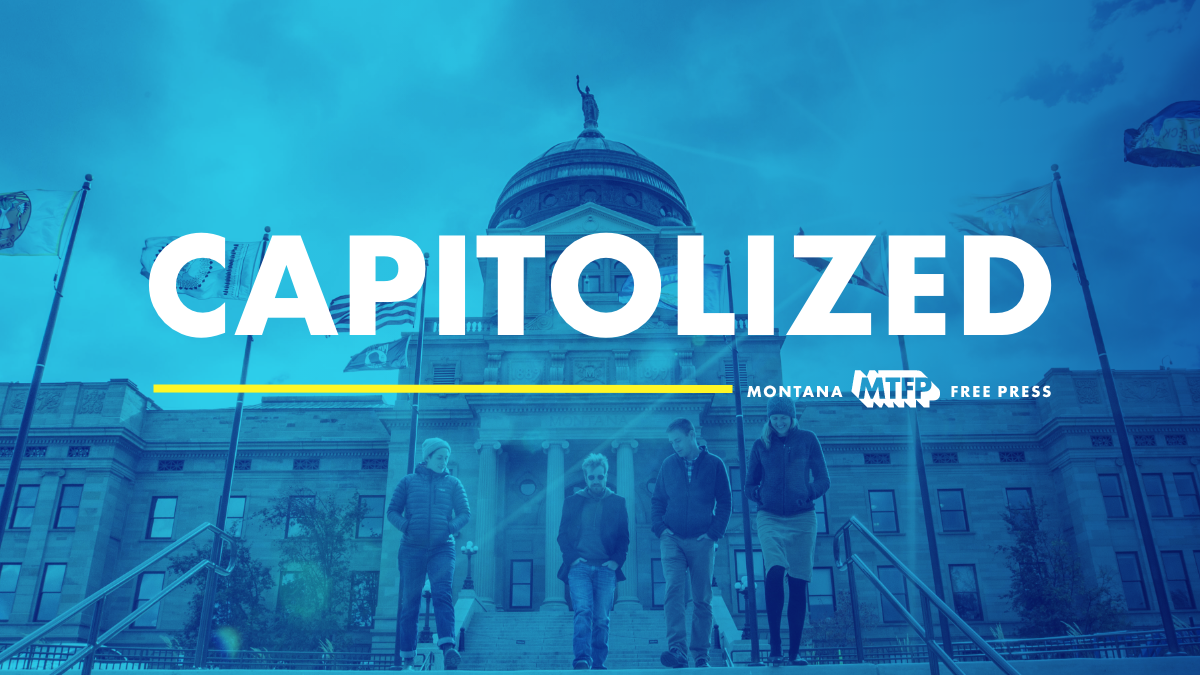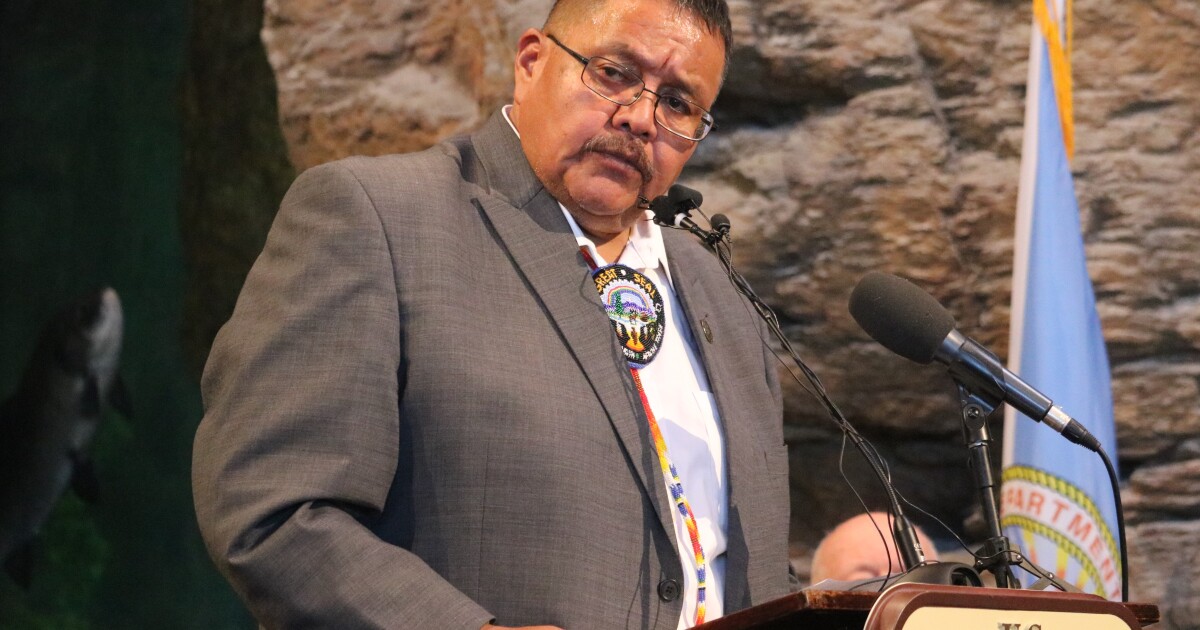WASHINGTON — President Donald Trump’s executive order banning transgender athletes from women’s sports teams consistent with their gender identity has sparked debate over enforcement and potential consequences for non-compliant schools. This controversial directive is the latest move in Trump’s broader anti-transgender agenda, threatening to withdraw federal funding from educational programs that do not comply. The administration is urging federal agencies to interpret Title IX, a law preventing sex-based discrimination in federally funded schools, to align with this order.
During the executive order signing on Feb. 5, Trump declared, “The war on women’s sports is over.” He warned schools receiving taxpayer dollars against allowing men on women’s sports teams, stating they face investigations and funding loss for Title IX violations. The order instructs the Secretary of Education to protect female sports opportunities and locker rooms, extending beyond sports teams to physical education facilities.
This executive action coincides with a wave of state laws banning transgender students from sports that match their gender identity. According to the Movement Advancement Project, over half of the states have enacted such laws, though others remain undecided. The Human Rights Campaign argues that misinformation surrounds transgender youth in sports, noting that many states have successfully balanced fairness and inclusion.
‘Extremely broad’
Legal experts question how schools will enforce Trump’s order and the administration’s strategy for withdrawing federal funds. Shiwali Patel, a Title IX expert, criticized the order as “blatantly discriminatory” and “extremely broad,” affecting various areas including international competitions and entry of trans athletes into the U.S. The order seeks collaboration between state attorneys general and major athletic organizations to develop enforcement strategies.
Elana Redfield from the Williams Institute highlights the order’s “broad language,” impacting spaces like locker rooms in schools. Meanwhile, Kelli Rodriguez from Seattle University School of Law predicts confusion and potential legal challenges from state attorneys general, athletes, and institutions regarding compliance and punitive measures.
Breaking down Title IX
Redfield explains that Title IX, as spending clause legislation, allows the federal government to enforce compliance by granting and withholding funds. Trump’s administration references existing policies to support their interpretation of Title IX, but Redfield believes Congress or courts will ultimately decide its application. The House recently passed a bill to ban transgender athletes from women’s teams, amending Title IX to define sex based on biological factors.
New investigations
Following the executive order, the Education Department launched investigations into San Jose State University, the University of Pennsylvania, and the Massachusetts Interscholastic Athletic Association for alleged Title IX violations. Additionally, the NCAA announced updates to its transgender student-athlete participation policy to restrict women’s sports to athletes assigned female at birth.
—
Read More Montana News










